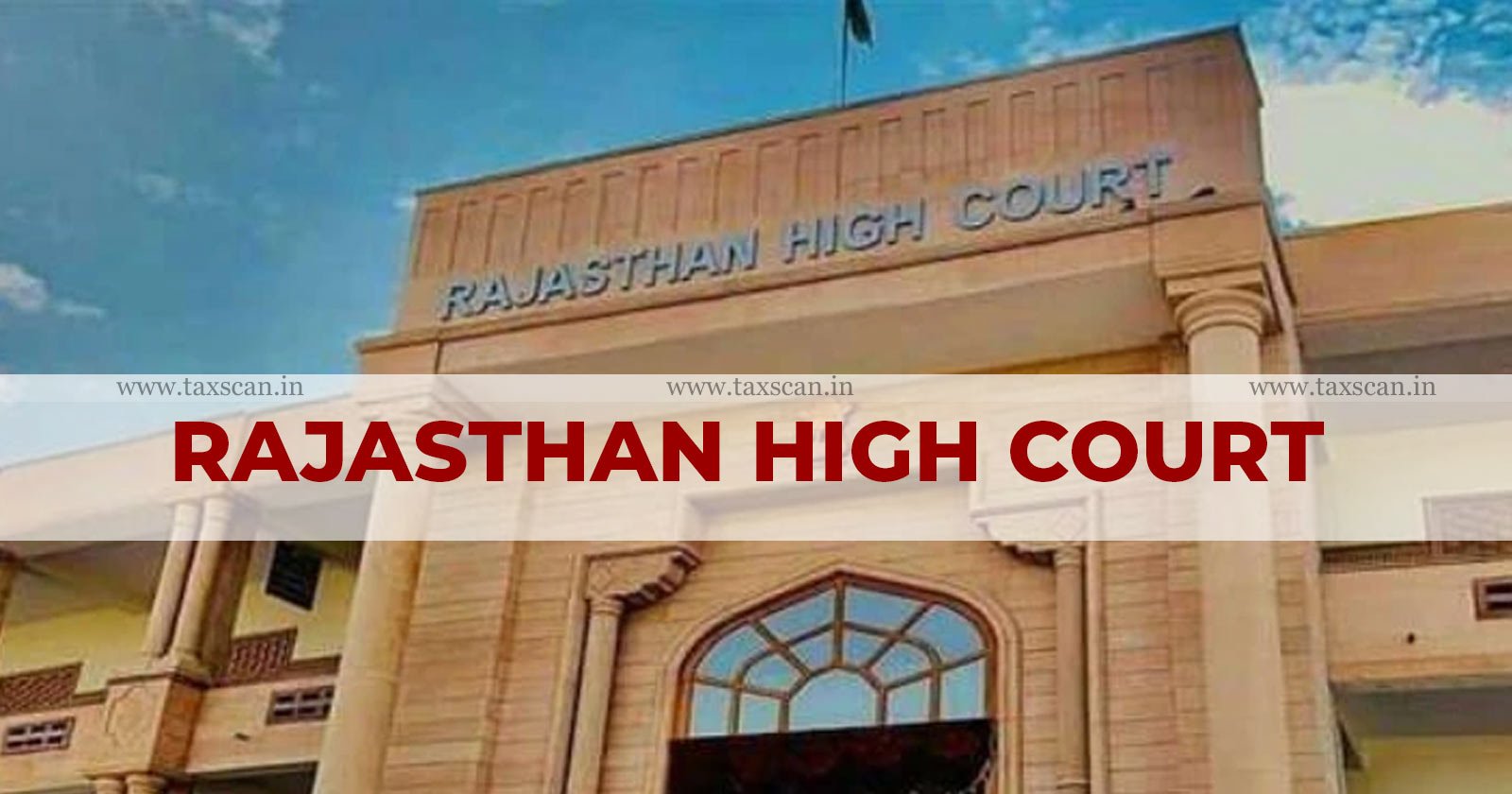Challenge to Section 153C Notice Raised Post-Assessment Order issuance must use Statutory Remedy: Rajasthan HC [Read Order]
The court found that the issue of the opportunity for hearing could be addressed by the authorities since it was not a case of total denial but of inadequate opportunity

Rajasthan High Court – Rajasthan HC – Section 153C Income Tax Act – Income Tax Notice – Post Assessment Order – taxscan
Rajasthan High Court – Rajasthan HC – Section 153C Income Tax Act – Income Tax Notice – Post Assessment Order – taxscan
The Rajasthan High Court observed that the challenge to the income tax notice issued under Section 153C of the Income Tax Act, 1961, was raised only after the assessment order was issued, and thus directed the petitioner to seek statutory remedies.
Maduri Sahai, the petitioner, filed a writ petition contesting the assessment order, arguing that the initiation of proceedings under Section 153C was invalid due to the section's amendment and subsequent deletion as of 01.04.2021. Sahai claimed that although a show cause notice was issued and a reply submitted, a proper opportunity for hearing was not provided.
Get a Copy of the Handbook on Income Tax Act with Free E-Book Access Click here.
In response, the respondent- income tax department cited a previous court order (Smt. Rama Gupta Vs. Deputy Commissioner of Income Tax) where the court directed the petitioner to pursue the statutory remedy of appeal as the notice under 148 was not challenged in the beginning but after the issuance of the order.
Justice Ashutosh Kumar and Justice Manindra Mohan Srivatsava noted that the notice under Section 153C was issued on 12.01.2023, and the assessee participated in the proceedings without initially challenging the notice. The challenge came only after the assessment order. The court found that the issue of the opportunity for hearing could be addressed by the authorities since it was not a case of total denial but of inadequate opportunity.
Get a Copy of the Handbook on Income Tax Act with Free E-Book Access Click here.
The high court decided not to exercise its discretion under Article 226 of the Constitution and dismissed the writ petition, advising the petitioner to use the statutory appeal remedy. However, the court allowed the petitioner to file an appeal within 30 days, with the stipulation that the appeal be considered on its merits without regard to the limitation period.
To Read the full text of the Order CLICK HERE
Support our journalism by subscribing to Taxscan premium. Follow us on Telegram for quick updates


